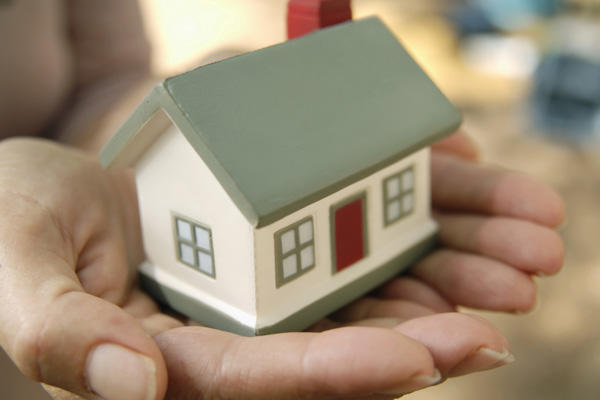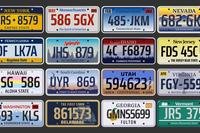The beauty of renting an apartment is that you're not responsible for the maintenance or upkeep of the property — your landlord is. For example, if a pipe should break in your apartment and causes water damage, you're not responsible for calling, or paying the plumbing company that will fix it. As the property owner, your landlord should take care of his for you immediately. There are several other responsibilities your landlord is accountable for. However, most renters aren't sure what they are. Just in case you weren't sure what the landlord is responsible for, here's a list of what you're land lord is, by law, obligated to do for you as a paying renter:
Landlords Must Fix Major Problems
Nolo.com reports that your landlord must keep the structure of the building sound, including stairways, floors, and roofs. Additionally, he must keep electrical, heating, and plumbing systems operating safely, supply hot and cold water in reasonable amounts, and exterminate.
But, if your lack of cleanliness caused your apartment problems — such as a vermin infestation caused by your poor housekeeping — the repair bill will properly be forwarded to you.
Landlords May Have to Make Minor Repairs
Leaky faucets or pest problems are one thing, but purely cosmetic repairs are another, and not legally required. Mildewed grout or worn carpet, for example, are less likely to require a landlord's attention than loose tiles that make the shower unusable or holes in carpeting that could trip someone, according to Nolo.com.
Here are some responsibilities that your landlord must provide when you move into your apartment and when you move out, according to Rentlaw.com:
- Provide habitable housing. This means the house or apartment must comply with all building, housing, and health codes which significantly affect health and safety.
- Give tenant at least 24 hours notice before entering the apartment. A landlord cannot walk in for any reason, unless it is an emergency.
- Clean and maintain common areas (hallways, stairs, yards, and entry ways).
- Provide for well lit hallways and entryways.
- Make the house or apartment comply with all building, housing, and health codes which significantly affect health and safety.
- Provide for properly working plumbing and heating. Hot and cold running water, bathroom, shower or tub, kitchen etc.
- Notify tenants of violations in writing. Both for your records and that of the tenant.
- Respond to maintenance requests in a timely fashion.
- Provide information on tenant's security deposit as required by law.
- Provide tenant with emergency contact and name of address of Landlord for notices and to send rental payments.
- If you must evict a tenant, follow the eviction laws for your state.
- Return the tenant's security deposit as required by law.
- Provide written receipts for rent and deposits.
- The landlord or his representative should do a walk through when the tenant moves in and when the tenant leaves and it should be documented and agree to by both tenant and landlord.
- Understand "normal wear and tear" and how to or not to charge back for repairs.
- Take care of property.
If you're not receiving any of these services, or you feel as if your landlord is forcing you out, you should know your renters' rights and can fight back. You can report your landlord to your local housing authority to have them investigated. If you need to get a lawyer involved, visit Military.com's benefits channel to find legal resources.













